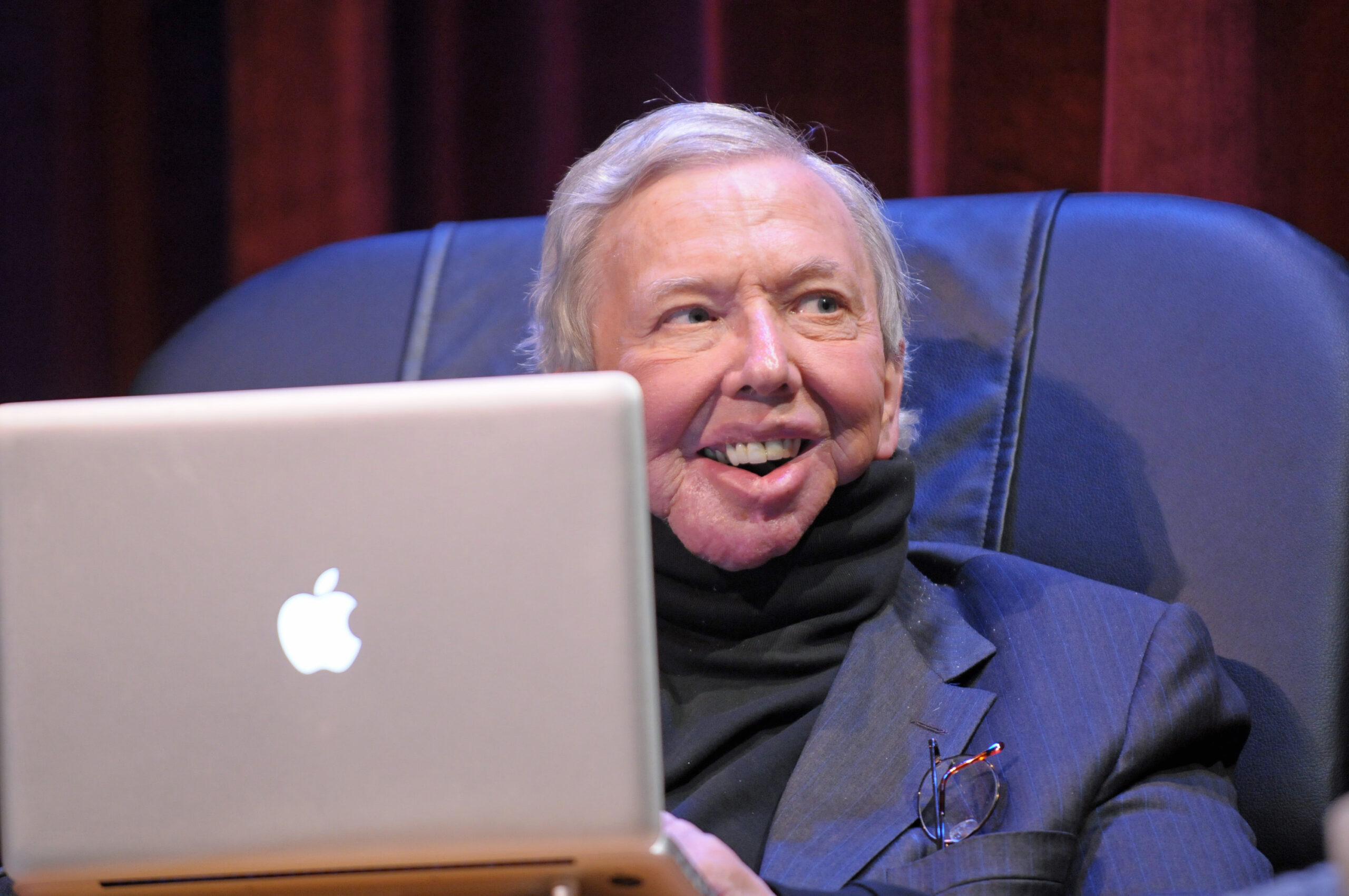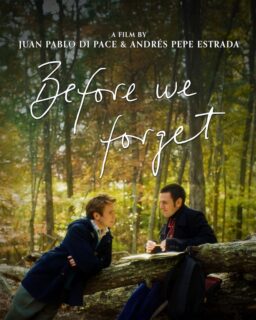CHAMPAIGN-URBANA — Michael Tolkin, the writer-director of 1994’s “The New Age,” which played at Ebertfest on Thursday, surveyed the packed house from the stage of Champaign’s historic Virginia Theater and said, “This now doubles the number of people who saw this film on its first release.”
That’s the founding spirit behind Roger Ebert’s annual film festival, which began 12 years ago as the Overlooked Film Festival before officially re-christening itself Ebertfest (its former nickname) in 2008.
Over five days, Wednesday through Sunday, the festival presented 13 movies, most of which were accompanied by their directors or other key participants, to an audience estimated at around 18,000 people.
All of the movies were chosen by Ebert himself with festival director Nate Kohn, and they included relatively unknown independent films (“Trucker,” “Munyurangabo“), modern classics (“Apocalypse Now /Redux“), avant-garde silents (“Man With a Movie Camera,” with a live score performed by the three-person Alloy Orchestra), documentaries (“Vincent: A Life in Color,” “Song Sung Blue“) and international features from Sweden (“You, the Living“) and Japan (“Departures“) — all presented on the enormous screen of the Virginia movie palace, where Ebert’s father once saw the Marx Brothers and Harry Houdini perform.
The festival is Ebert’s gift to his hometown, and according to Ebertfest associate director Mary Susan Britt, most of the crowd comes from downstate Illinois and relatively nearby cities like Indianapolis, St. Louis and Cincinnati. “But we also have people coming from places like Texas, Alabama, Florida and Oregon, just for Ebertfest,” Britt said.
“Right from the very beginning, the festival was local in flavor but international in the choice of movies,” said Chaz Ebert, who serves not only as producer and co-host of Ebertfest but also the festival’s on-stage emcee. “Now it’s international in audience as well.”
That has been due in part to the powerful influence of the Internet and social media like Twitter and Facebook in spreading the word about Ebertfest. When Tolkin made a quip at a panel in the Illini Union building at the University of Illinois about the difficulties of getting movies made (“I can’t remember if it was Samuel Beckett or Michael Bay who said: ‘I can’t go on. I go on’ “), or Charlie Kaufman lamented the hollowness of what often passes for movie entertainment after the screening of his “Synecdoche, New York” at the Virginia (“The most depressing things to me are happy movies that are lies”), their remarks were instantly tweeted to an audience worldwide.
This international spirit was vividly reflected in the presence of accomplished movie bloggers known collectively as the “Far-Flung Correspondents,” all of whom first came to Ebert’s — and each others’ — attention as commenters on the film critic’s Sun-Times blog, Roger Ebert’s Journal.
“We’ve only known each other for seven or eight months,” said Ali Arikan from Istanbul. “We became very close through Roger, at first in blog comments, but then we started e-mailing each other privately. And now we’re here, meeting face to face.” These bloggers include Seongyong Cho from Dae-jeon, South Korea; Michael Mirasol from Manila, Philippines; Grace Wang from China, now in Toronto; Gerardo Valero from Mexico City; Wael Khairy from Cairo, Egypt; and Omar Moore (London) and Omer Mozaffer (Pakistan), both of whom are currently based in Chicago.
Also, for the first time, Ustream hosted live streaming of Ebertfest panels, film introductions and post-screening discussions, which are now archived on the Ebertfest 2010 channel at www.ustream.tv/channel/ebertfest-2010.
Filmmakers invited to Ebertfest are presented with Golden Thumb awards, replicas of Ebert’s famous thumb made by the same company that manufactures the Oscar statuettes.
Friday night, Ebert presented a special thumb for best film of the decade to writer-director Kaufman before the showing of “Synecdoche, New York.”
“Like many good films, it will become a masterpiece without going through the earlier stage of being a success,” Ebert said via computer when introducing the film. “I can think of no greater purpose for this festival than to show a movie like this.” Ebert later said the film had helped him in his struggle with his own illness in recent years.
In some ways, Ebertfest itself is the renowned critic’s own “Synechdoche, New York,” a production that pulls together many strands of the critic’s own life and his history with movies, recapitulating them on the stage and screen of his hometown movie theater.
The villain of this Ebertfest was, of course, Eyjafjallajokull, the Icelandic volcano that belched so much ash into the air that it grounded the European flights for several planned visitors, including Jessica Lundberg and Johan Carlsson, the Swedish star and production manager/assistant director of “You, the Living”; Walter Murch, sound editor and sound designer of “Apocalypse Now /Redux,” and British actor Bill Nighy, star of “I Capture the Castle.”
Director Barbet Schroeder, whose 1987 adaptation of Charles Bukowski’s “Barfly” starring Mickey Rourke and Faye Dunaway screened Saturday, was initially forced to cancel, but was later able to rebook a flight from France when the skies cleared. Khairy’s flight from Cairo was also delayed, but he made it to Champaign Friday night.
A non-profit enterprise, Ebertfest donates money each year toward the restoration of the Virginia Theater, and has encouraged others to do so. The festival is presented by the University of Illinois College of Media, and this year was dedicated to the late filmmakers John Hughes and Eric Rohmer.












